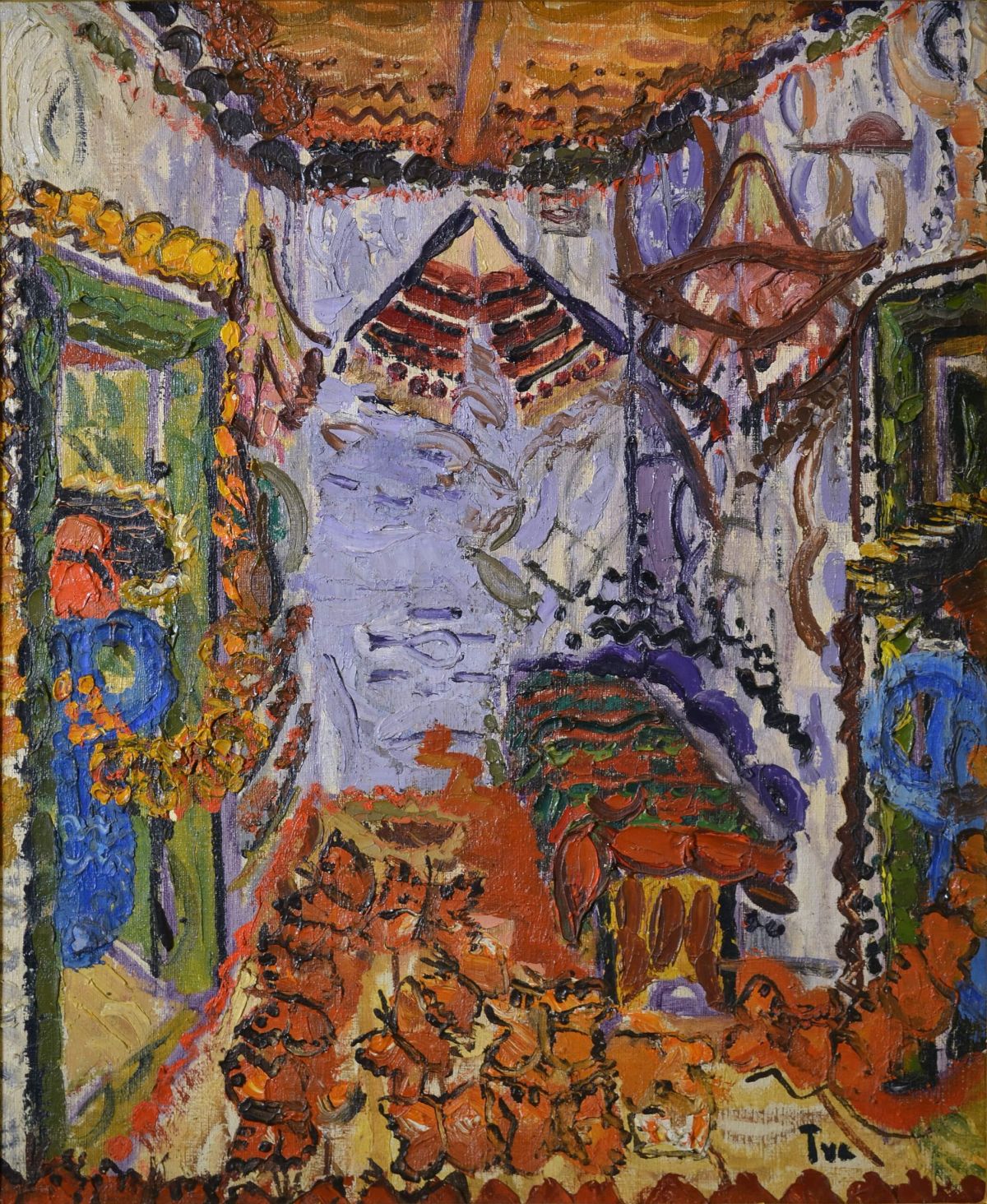Writer Sorana Gurian
Little known to readers and recently reevaluated by literary critics, Sorana Gurian is a rather atypical writer in Romania

Christine Leșcu, 14.04.2018, 15:59
Sorana Gurians talent has been doubled by quite an adventurous, even tragic life, marked by illness, around which the writer herself has created a net of hardly believable stories. For this reason her biography has many blank spaces. However, the time and place of her death are certain: 1956, Paris. The town of Komrat in Bessarabia, today’s Republic of Moldova, is very likely her birthplace and her birth year is 1913. Sorana Gurian had a rather short life.
Literary critic Bianca Burţa-Cernat tells us why Sorana Gurian is still little known in the literary world: “A first reason is related to her gender. She was a woman writer at a time when the literary space, just as the public space in general, were mostly dominated by men. In European literature this writer is quite a recent presence. She is a representative of modern literature. Women and Jews are two of the elements of modernity and modernization, which is also the case with literature. And this brings us to another reason for Sorana Gurian’s marginalization. She was Jewish. Then there is the fact that she made her debut as a writer at an improper time, after the war, when the literary world and the Romanian society in general were going through a turbulent period.”
Nevertheless, Sorana Gurian’s talent, mirrored in the publications of that time, was noticed in the inter-war period by the literary critic Eugen Lovinescu, who was heading the Sburatorul literary circle, and who strongly militated for the modernization and synchronization of the Romanian literature with the western one. Lovinescu’s description of Sorana Gurian is memorable: “the Jewish girl from Iasi with broken legs” referring to the writer’s Moldovan origins.
Bianca Burta-Cernat: “The girl who attended the literary meetings and had extravagant gestures is described by Lovinescu as a person who could be compared today with a kind of mutant resulted from a number of prosthetic procedures. This is because, as Lovinescu ridiculed her, ‘the Jewish girl from Iasi with broken legs’ had one leg shorter than the other and wore a huge orthopedic shoe. It is unclear if she had suffered a ski accident or she had fallen off a horse, as she used to tell both stories. The accident, however, seems to have also triggered a bone tuberculosis.”
It is possible that precisely the kind of life that she had, marked by disease, made her invent things or ignore the false rumors about her life. At the time there were rumors regarding her relations with certain Romanian and foreign intelligence services, even with the Gestapo, rumors that were only partly confirmed officially. A psychoanalytical approach could indicate the fact that the writer wanted to create an interesting public personality for herself, to make up for her appearance affected by disease. What’s certain is that there was no room in the already communist Romania for a complex personality such as Sorana Gurian. She settled in Paris where she published the rest of her books in French, and where she had a contract with a famous publishing house.
Literary critic Bianca Burta-Cernat: “She published all her novels in French, including the one initially published in Romanian. She also published a kind of half-fictional journal, entitled ‘Les mailles du filet’, in which she recounts how she fled Romania seized by the communists, to go first to Israel, then to France. In Paris she worked as an editor of the prestigious publishing house Julliard. She even had a pen pal relationship with Andre Malraux and a strong connection with the Romanian elite in the French exile. “
Nevertheless, she continued to be affected by disease, this time breast cancer. Her battle with this disease is the topic of her last book, a book translated recently at the Romanian Cultural Institute’s publishing house and entitled “The Story of a Battle”
Literary Critic Bianca Burta Cernat tells us what’s impressive about this book: “The precision of her writing is quite impressive, beyond this typically-human story and the sufferance that emerges from it. Another impressive thing is a remarkable vitality emerging from the writing of a woman describing her disease. It’s worth mentioning that the book was published at the time that she was dying. Her last book and her last phrase come against what was really happening to her. Her last sentence is optimistic: ’The story of the battle must continue’.”





























